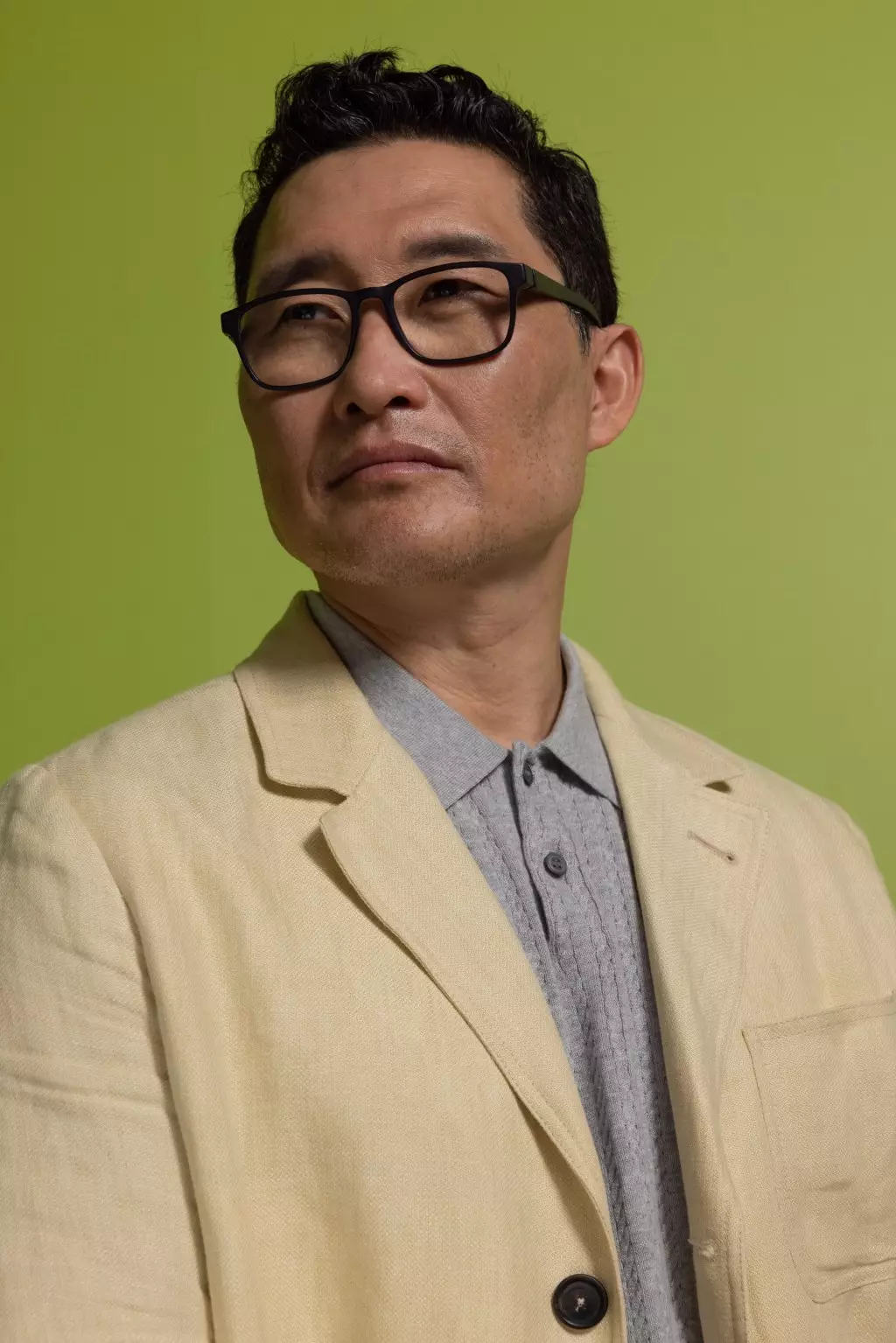Daniel Dae Kim, a prominent figure in the film industry with a diverse career spanning acting, producing, and directing, recently served as a juror at the Red Sea Film Festival in Jeddah. During his participation, he emphasized the excitement of encountering “great talent” from the region, a sentiment that resonates deeply in an increasingly interconnected world. The platform not only provided an opportunity to appreciate emerging filmmakers but also highlighted the importance of collaboration across borders.
Kim’s reflections on the role of international film festivals serve to remind us of the inherent value of artistic exchange. In an industry often dominated by production giants, exposing oneself to different narratives and styles fosters a broader understanding of storytelling. Kim’s enthusiasm for the cultural tapestry present at the festival reveals an essential facet of global cinema: that artistry transcends geographical boundaries and that collaboration can pave the way for innovative projects that might otherwise not come to fruition.
As the world becomes increasingly globalized, the line separating various cultures continues to blur, particularly through mediums such as film and television. Kim spoke about his experiences in the United States and Asia, acknowledging the wealth of talent beyond the confines of Hollywood. His statement about the “honor” of working with filmmakers from different countries underscores a pressing realization—success in the industry today hinges on embracing diversity and fostering inclusivity in storytelling.
The mention of Netflix’s “Avatar: The Last Airbender” further exemplifies how narratives can introduce characters and stories to new demographics, creating fresh avenues for engagement. For Kim, this project intricately ties together various cultural threads, allowing him to reach audiences unfamiliar with his previous works, such as the critically acclaimed series “Lost.” This shift in perception, facilitated by streaming platforms, allows actors and filmmakers to break out of the molds typically cast by their home markets.
During the discussions at the festival, Kim emphasized the collaborative spirit of his fellow jurors, including renowned director Spike Lee. The jurors’ ability to share their opinions freely while respecting one another’s perspectives marks an essential characteristic of successful creative ventures. This dynamic interaction among individuals with varied backgrounds points to a progressive shift within the film industry—a movement towards openness and a collaborative ethos.
Kim’s remarks about approaching filmmaking as a means of “making the world a little bit smaller” signal a profound shift in his perspective. He sees the potential for cross-cultural narratives to unite audiences through shared experiences. Furthermore, this sentiment translates into his current projects, including his upcoming Amazon series, “Butterfly,” which embodies an intentional blend of American and Korean talent. This initiative not only highlights the significance of narrative diversity but also showcases the innovative potential of co-productions that bridge different cultures.
As Kim prepares to head to Vancouver to continue his role as Fire Lord Ozai in “Avatar: The Last Airbender,” he remains focused on exploring the confluence of diverse artistic expressions. His commitment to helping create pathways for underrepresented voices is commendable, offering a new framework for how films can be produced and received globally.
The Red Sea Film Festival serves as a microcosm of a much larger movement toward collaborative storytelling that embraces global talent. Daniel Dae Kim’s experiences and insights encapsulate a promising future where films are not merely reflective of one culture but rather a rich tapestry woven from multiple influences. His journey emphasizes that through understanding, respect, and shared narratives, we can indeed bridge cultural divides and cultivate a richer film landscape for generations to come.

